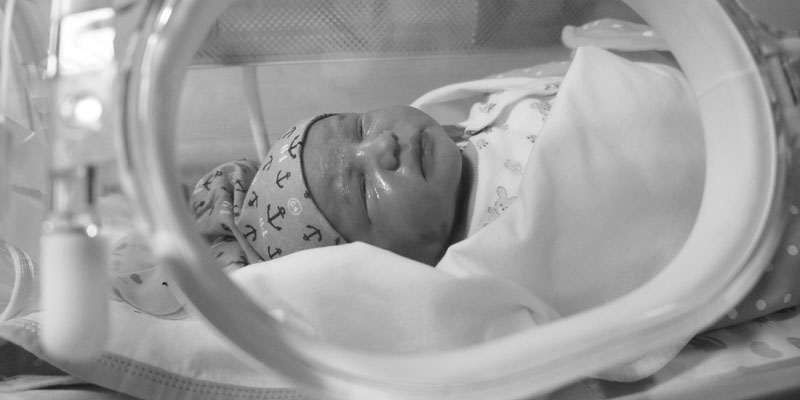I read and re-read books. It’s said that words create worlds, and the stories we tell and re-tell have a profound impact on our personal worldview. If this is true, then I am forever grateful for Marilynne Robinson’s novel Gilead.
I first read Gilead, after the birth of my first daughter. I remember the experience of reading it just as much as the story itself.
The whole story, told through the letters of the dying fictional pastor John Ames, is a beautiful meditation on the goodness of creation and existence itself. I have revisited it several times. I read it again after the birth of my second daughter, after the passing of my mother-in-law, and with the arrival of my new son, I’m reading it once more. Each time a new passage has found a way into my bones and this go-round, the quote that has been lingering in my mind is this:
“Any human face is a claim on you, because you can’t help but understand the singularity of it, the courage and loneliness of it. But this is truest of the face of an infant. I consider that to be one kind of vision, as mystical as any.”
My son was born early and had a rather dramatic entry into the world.
He required a 31 day stay in the NICU before coming home.
Any parent who’s undergone the NICU experience understands the profound grief that comes with a loss of agency. When all your parenting instincts to hold, rock and comfort the babe, must be tempered and only enacted once permission is granted, there is pain. Difficult too is handing over the loving labor of feeding and changing diapers to nurses and volunteers, because when you have other family and children at home, you can’t feasibly stay at the hospital 24-7. It is disorienting, and goes against all intuition.
During the beginning of my son’s hospitalization, when ventilators and central lines prohibited holding, I couldn’t really do much for my son except gaze at him. The only thing I had to offer as a parent, was my presence, looking at his face.
It was heartbreaking.
But as is mysteriously the case with most suffering, it was also strangely beautiful and illuminating.
“…The singularity of it, the courage and loneliness. But this is truest of the face of an infant…”
Those words echoed in my head. And in my remembrances of my time spent staring, other words now come to mind too.
In Principles of Catholic Theology, Pope Benedict the XVI states:
“It is only when life has been accepted and is perceived as accepted that it becomes also acceptable. Man is that strange creature that needs not just physical birth but also appreciation if he is to subsist . . . If an individual is to accept himself, someone must say to him: ‘It is good that you exist’ – must say it, not with words, but with that act of the entire being that we call love.”
“It is good that you exist.” While I couldn’t express this idea through the normal sleep deprivation, late night feeds, and cuddles that make up life with a newborn, I was definitely asserting that truth with my gaze. What was all that staring, if not an appreciation for the tiny fragile person before me?
The NICU, while painfully stripping me of important duties as a parent, also gave me space and time to focus on this one most important responsibility, appreciation.
With my son at home, I’m in the thick of the physical acts that mark such appreciation. But every now and then I find time to just gaze, to appreciate.
And I find myself gazing at my older daughters too. In addition to providing their basic physical needs, I’m also engaged in the tough work of discipline and trying to instill and model virtue.
All this work is important, but it will go to waste if my children do not first understand this truth: It is good that their lonely and courageous faces exist. It is good because they are children of God.
So I’ll keep on gazing.
Sarah Pitts is a dance artist and teacher in Madison, Alabama, and blogs about faith, motherhood and the creative process at sarahmakesahomeanddances.













